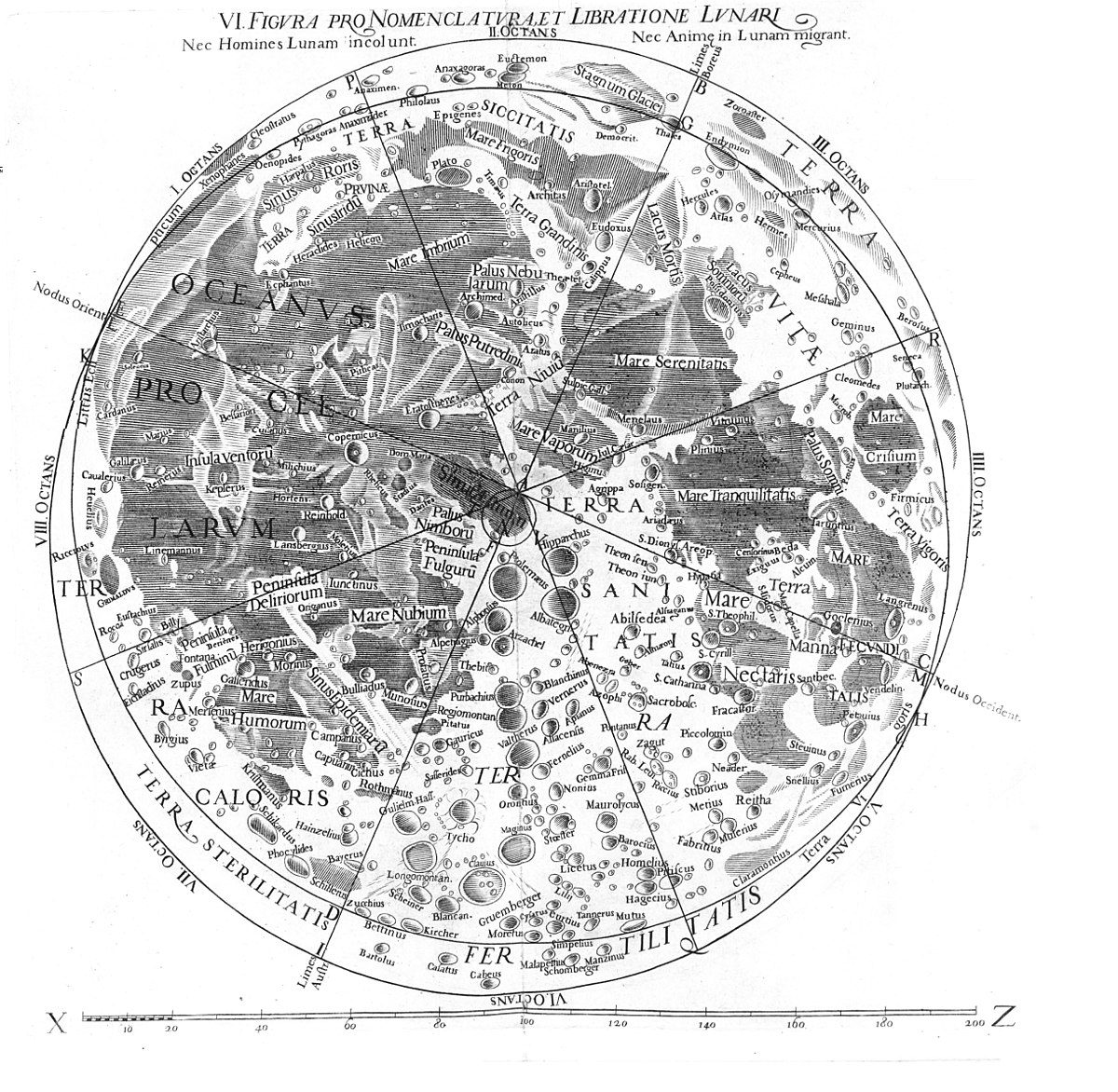Screw the laws of physics. More like suggestions of physics if you ask me. You realize we move incredibly faster than light in game, right?
Last edited:
Screw the laws of physics. More like suggestions of physics if you ask me. You realize we move incredibly faster than light in game, right?
I know that's only a throwaway gibe really, but maybe you're not aware of how the Catholic Church supported and encouraged science in previous centuries.I think our understanding of physics will be far better by the 31st century. Look how far we've come in the last 1,000 years! To think we now know everything is how the Catholic Church used to look at things!
You could be right. I just remember the Church threatening Galileo with torture and death if he did not recant his belief that the Earth revolved around the Sun. Examples like that have put the Church in a bad light in the past.I know that's only a throwaway gibe really, but maybe you're not aware of how the Catholic Church supported and encouraged science in previous centuries.
You could be right. I just remember the Church threatening Galileo with torture and death if he did not recant his belief that the Earth revolved around the Sun. Examples like that have put the Church in a bad light in the past.

Unpopular opinion: we're going to make many fewer fundamental discoveries in the next 1000 years than in the previous.I think our understanding of physics will be far better by the 31st century. Look how far we've come in the last 1,000 years! To think we now know everything is how the Catholic Church used to look at things!
Makes you wonder why an intelligent guy like Galileo deliberately @#$%^& off someone who could very easily have had him tortured and killed! Myself, I would have tried very hard not to @#$% off anyone who could have had me tortured and killed.Galileo's problem wasn't really his idea, but the way he publicised it. He wrote a dialogue in which a clever scientist explained the heliocentric theory to a clueless buffoon - and the buffoon was easily recognisable as the Pope! That was never going to go down well with the Church.
